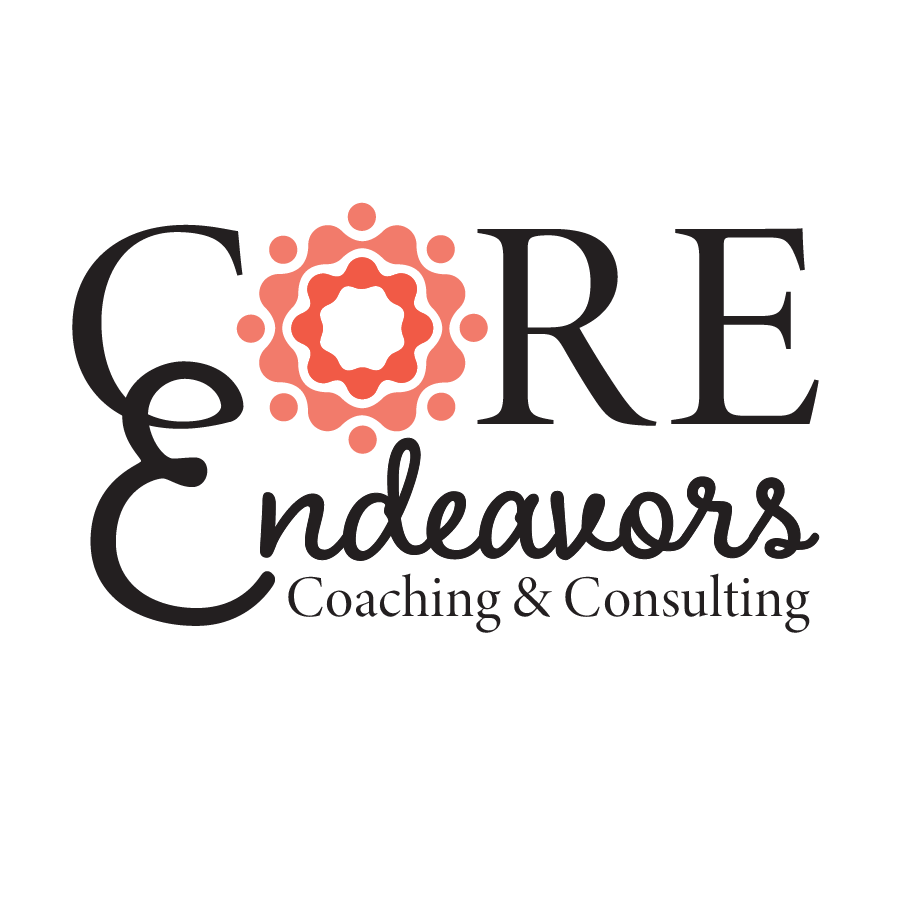Being Well
For years I have regularly ended emails, letters, cards, and notes to others with “Be Well” before signing my name. It has not only helped me to embrace an authentic closing sentiment, but it also helps me to further ground my coaching and consulting practice and my own developmental journey in feeling and being well.
What does it mean to “be well”? There is a lot being written and discussed these days about wellness and wellbeing, with multiple definitions and contexts. It’s clearly on our collective radar, and yet as is frequently the case with us humans, we make it more complicated than it needs to be. For me, wellbeing means feeling happy, healthy, socially connected and purposeful most of the time; it incorporates the physical, mental and emotional aspects of who a person is and how they move through the world.
Wellbeing incorporates three main dimensions: the Mind, Body and Soul. These dimensions help us to navigate the world of complex experiences—positive, negative and everything in between. Each dimension consists of several elements, each of which helps provide structure and meaning to our lives. I categorize them in the graphic below, though many elements overlap or bridge more than one dimension.
To assess your personal wellbeing, try any of the following techniques:
Reflection: A few times a year, or when you are feeling your life is out of harmony, reflect on your mind, body and soul. You can dive more deeply into each sub-element by spending some time regularly assessing each area of life and how fulfilling it is can help you identify where you may want to make some adjustments. Ask yourself questions like: Are you spending meaningful time with others? Are you regularly learning or experiencing new things? Is your career providing enough challenge and satisfaction? Capture where things are in good shape and where there are opportunities for improvement; then make a plan to maintain what’s working and adjust where needed.
Intuition: Sometimes we just get a “feeling”, or sense, that something is not how you would like it to be. This intuitive knowledge is often dismissed as inaccurate or not helpful. Honor your inner sense–ignoring this insight could perpetuate dissatisfaction or unhealthy choices. When your gut instinct is sending a message, give it a chance to be heard and considered before assuming it is unhelpful.
External Input: Though you may know yourself well, it can be difficult to be objective or see beyond basic or routine options. Getting input from a trusted outside source can provide the challenge or confirmation needed for pursuing and prioritizing your wellbeing.
In addition to the deeper wellbeing exercises offered above, you can also ensure that you incorporate healthy habits, routines, activities and thoughts into everyday life:
Live within your means/budget
Get enough sleep
Eat healthy foods
Exercise regularly
Strengthen relationships and spend time with others
Nurture your purpose and follow your passions
Learn new information and have new experiences
Be intentional about your surroundings
Establish and uphold boundaries
It’s rare that all areas of life are in complete harmony—they may even be in conflict or cause tension. Ignoring or over-indulging any element with regularity can be harmful, even when it seems fulfilling. In the end, it’s about choices and mindset. Challenges happen and we have the ability to be flexible and adapt. While we can’t always have complete control over all aspects of our world, we can control our own thoughts, feelings and actions and honor our priorities. These powers can go a long way toward being well.




